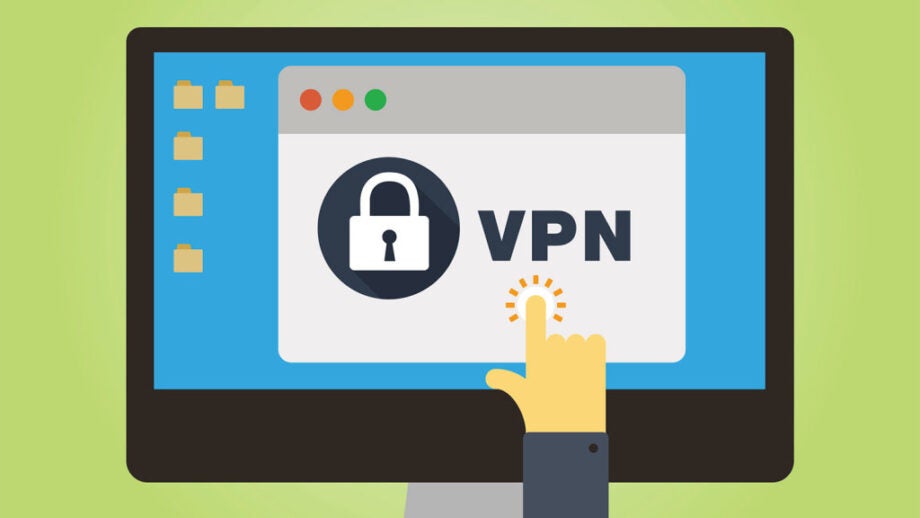Should you use a VPN?

You’ve probably heard of a VPN (virtual private network) before, but you may not know what it is beyond the odd reference in the likes of Mr Robot.
A VPN essentially sets up a secure and private connection to the internet, hiding your internet protocol (IP) address to make it more difficult for data snoopers to track your browsing activity and take a peek at your private information.
There are many other use cases of a VPN, but do any of them apply to you?
Should you use a VPN?
VPNs have many uses and they’re reasonably straightforward to use, but they’re not for everyone.
The most obvious reason to use a VPN is to prevent people snooping on your web browser history. This is especially problematic when you’re connected to Public Wi-Fi, as anyone else using that network is capable of prying on your emails, search history and online shopping transactions
This isn’t so much of an issue with home networks, as they’re generally password protected which makes it much harder for people to gain access. Still, a VPN can come in handy if you don’t want your Internet Service Provider (ISP) seeing your browsing activity.
Related: Best VPN
An ISP has the capability of seeing everything you do on the web if you’re not using a VPN. However, the likes of BT claims it does not keep a record of any customer’s browsing activity.
But certain ISPs have been known to collect your data and then sell on to third parties. The US currently offers very little protection for this, but the UK at least allows people the capability to ask ISPs to erase personal data. There are loopholes here though, as ISPs are allowed to retain data for security reasons, which means you can never be 100% certain your data is safe.
Using a VPN will prevent your ISP from being able to snoop on your browsing activity and collect personal information, although you need to be mindful that the VPN company you’re using will be able to harvest your data instead.
This is why it’s important to look out for “no-logging policies” when buying or subscribing to a VPN. The likes of Private Internet Access and ExpressVPN have proved in court that they don’t keep any records of user data, but other VPN alternatives – especially those that are free – can’t always be trusted.
Paid-for subscriptions can cost upwards of £30 per year, which isn’t a huge cost but certainly a needless expense if you’re not concerned about your privacy.
Related: Best Antiviris
VPNs can also be used to access geo-blocked websites and services while you’re abroad. For example, if you’re on holiday in the US, you won’t be able to access BBC iPlayer without a VPN.
Many people have also used VPNs to access services that are only available in other territories such as HBO Max. However, doing so will often break the terms and conditions of the service, and is therefore not recommended.
So to sum up, VPNs are very useful if you’re concerned about the security of your private data especially if you often connect to public Wi-Fi hotspots. Not every VPN service is great (check out our Best VPN list for our top recommendations) but there are some superb options at very affordable price points. And while VPNs can also be used for accessing foreign video streaming services, it’s generally not advised since you could be breaking the terms and conditions.


